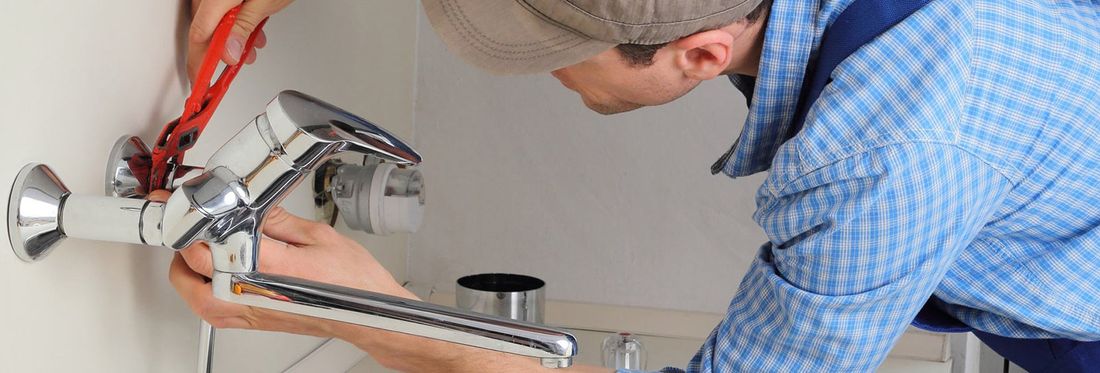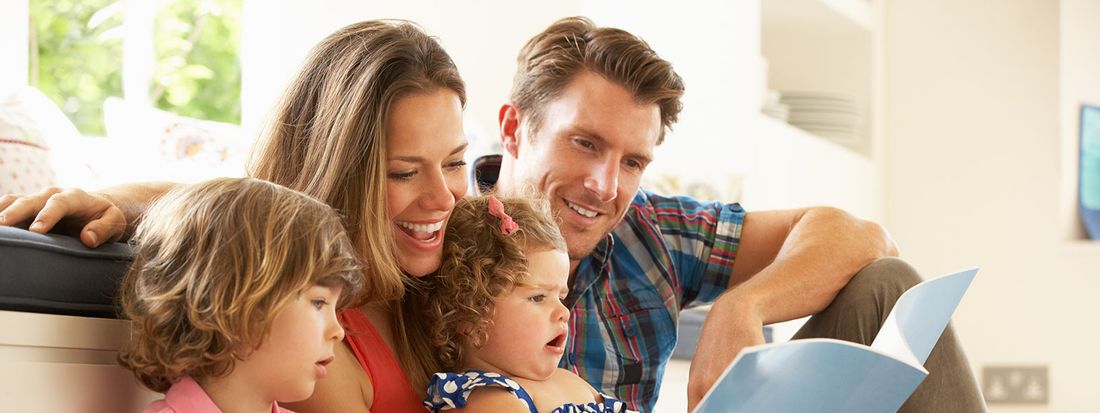In an era where environmental consciousness is increasingly imperative, sustainable practices are no longer just a trend but a necessity.
Among the various areas where sustainability can be integrated into everyday life, plumbing stands out as a crucial aspect of resource conservation.
With innovations in eco-friendly plumbing technologies, homeowners now have the opportunity to reduce water waste, conserve energy, and minimise their environmental footprint.
In this post, we’ll explore some of the most promising innovations in eco-friendly plumbing and their potential impact on sustainable water usage.
Low-Flow Fixtures
One of the simplest yet most effective eco-friendly plumbing innovations is the adoption of low-flow fixtures. Low-flow toilets, faucets, and showerheads are designed to use significantly less water than their traditional counterparts while maintaining satisfactory performance.
By installing these fixtures, homeowners can reduce water consumption without sacrificing comfort or convenience. Some modern low-flow fixtures even incorporate aerators and flow restrictors to further optimise water efficiency.
Greywater Recycling Systems
Greywater recycling systems offer an innovative solution for reusing water from sinks, showers, and washing machines for non-potable purposes such as irrigation and toilet flushing. These systems capture and treat greywater, diverting it from the sewage system and providing a sustainable source of water for landscaping and other applications.
By recycling greywater on-site, homeowners can reduce their reliance on freshwater resources and minimise the strain on municipal wastewater treatment facilities.
Rainwater Harvesting Systems
Rainwater harvesting systems collect and store rainwater from rooftops for later use in various household activities. These systems typically consist of collection surfaces, such as gutters and downspouts, along with storage tanks and filtration components.
By harnessing rainwater as a supplemental water source for irrigation, toilet flushing, and outdoor cleaning, homeowners can conserve potable water and reduce their utility bills. Additionally, rainwater harvesting helps mitigate stormwater runoff and alleviate pressure on local water supplies during periods of drought.
Smart Leak Detection Devices
Water leaks can result in significant waste and damage if left undetected, making early detection crucial for water conservation.
Smart leak detection devices utilise sensors and connected technology to monitor water usage in real-time and identify potential leaks or abnormalities.
These devices can alert homeowners to leaks via smartphone notifications, allowing for prompt intervention and repair. By proactively addressing leaks, smart leak detection devices help conserve water and prevent costly water damage.
High-Efficiency Water Heaters
Traditional water heaters can be inefficient and wasteful, particularly if they rely on fossil fuels for heating. High-efficiency water heaters, such as tankless water heaters and heat pump water heaters, offer more sustainable alternatives by maximising energy efficiency and reducing standby heat loss.
Tankless water heaters heat water on demand, eliminating the need for a storage tank and reducing energy consumption.
Heat pump water heaters extract heat from the surrounding air to heat water, offering significant energy savings compared to conventional electric water heaters.
Dual-Flush Toilets
Dual-flush toilets provide users with the option to select a low-volume flush for liquid waste or a higher-volume flush for solid waste, allowing for more efficient water usage.
By tailoring the flush volume to the specific waste type, dual-flush toilets help conserve water without compromising flushing performance. These toilets are increasingly becoming a standard feature in eco-friendly plumbing design, offering a simple yet effective way to reduce water consumption in the home.
Permeable Paving Systems
In outdoor spaces, permeable paving systems offer a sustainable alternative to traditional impervious surfaces such as concrete and asphalt. These systems allow rainwater to infiltrate the ground instead of running off into storm drains, reducing the risk of erosion and pollution. By promoting groundwater recharge and minimising runoff, permeable paving systems contribute to overall water conservation efforts and help mitigate the urban heat island effect.
Smart Irrigation Controllers
Outdoor irrigation accounts for a significant portion of residential water usage, making it a prime target for water conservation efforts. Smart irrigation controllers use weather data, soil moisture sensors, and user preferences to optimise watering schedules and minimise water waste. By adjusting irrigation based on real-time environmental conditions and plant needs, smart controllers ensure efficient water usage and promote healthier landscapes.
Drip Irrigation Systems
Drip irrigation systems deliver water directly to the root zone of plants through a network of low-flow emitters and tubing, minimising evaporation and runoff. Unlike traditional sprinkler systems, which can lead to oversaturation and water waste, drip irrigation provides targeted hydration while conserving water. By optimising water delivery and reducing irrigation runoff, drip systems help homeowners maintain lush, healthy gardens without excessive water usage.
Composting Toilets
Composting toilets offer a sustainable alternative to traditional flush toilets by converting human waste into nutrient-rich compost through natural decomposition processes.
These waterless systems eliminate the need for water-intensive flushing and sewage infrastructure, making them ideal for off-grid and environmentally sensitive locations. Composting toilets are odourless, hygienic, and environmentally friendly, providing a sustainable sanitation solution for eco-conscious homeowners.
In conclusion, eco-friendly plumbing innovations offer a myriad of opportunities for homeowners to reduce water waste, conserve energy, and minimise their environmental impact. Whether through the adoption of low-flow fixtures, the implementation of rainwater harvesting systems, or the integration of smart technologies, sustainable water usage can be achieved through thoughtful design and responsible stewardship.
By embracing these innovations, homeowners can contribute to a more sustainable future while enjoying the benefits of reduced utility bills and enhanced water efficiency.
If you have any questions or are in need of further advice, just call a member of the EVO Plumbing and Heating team who will be happy to help.
Freephone 0800 920 2030
Alternatively you can enquire online and we will get back to you shortly.

